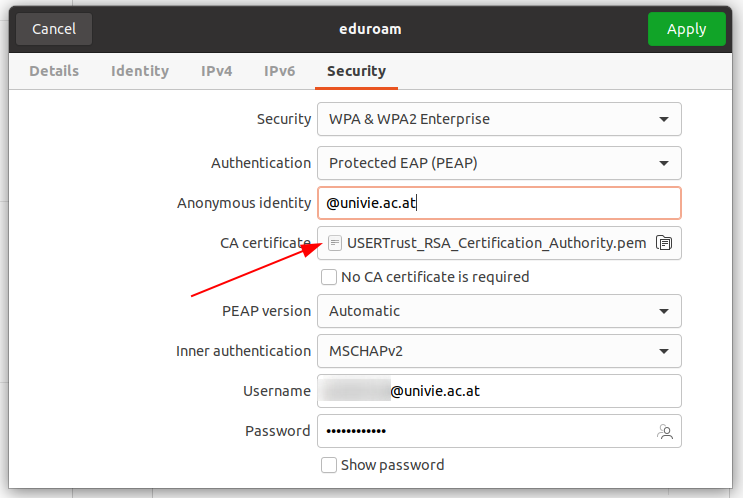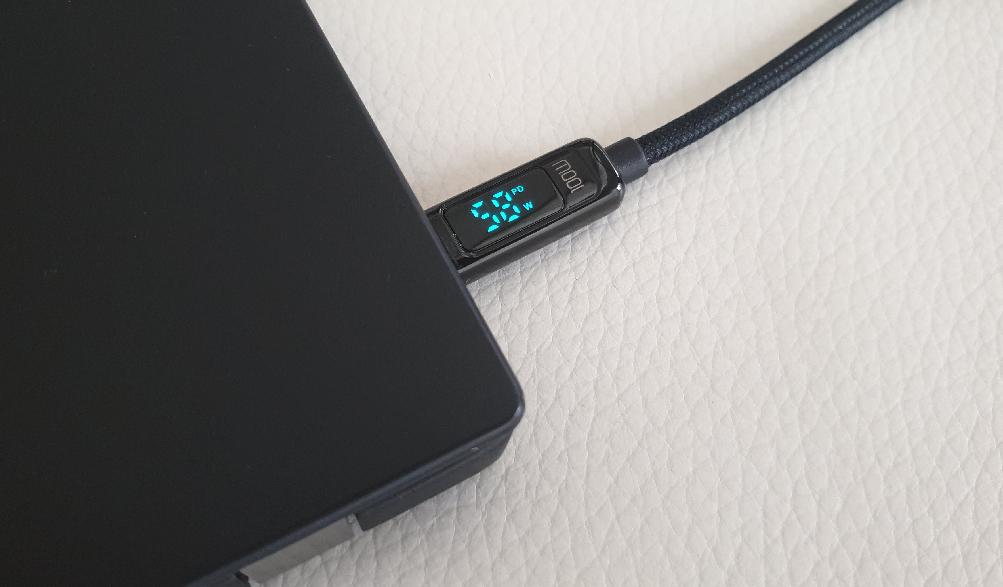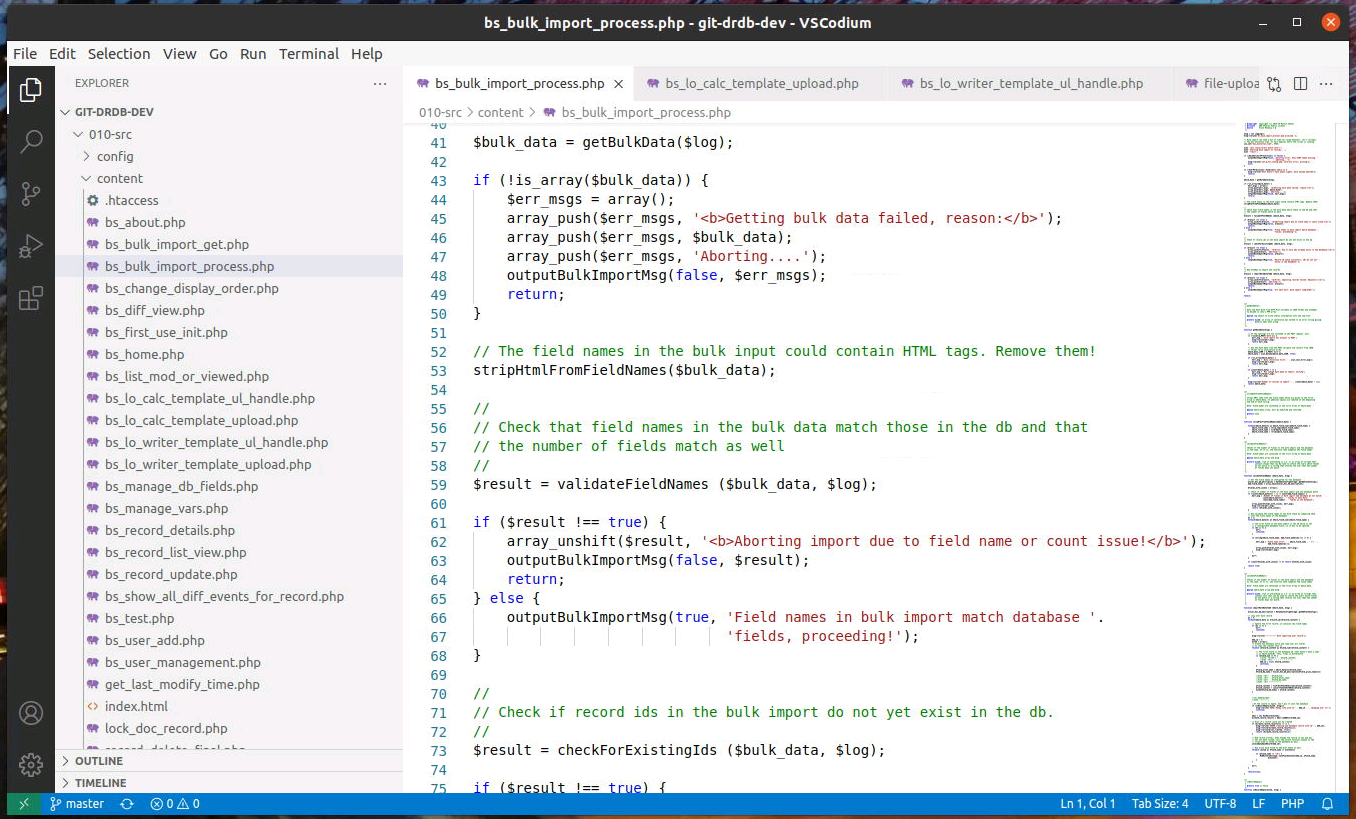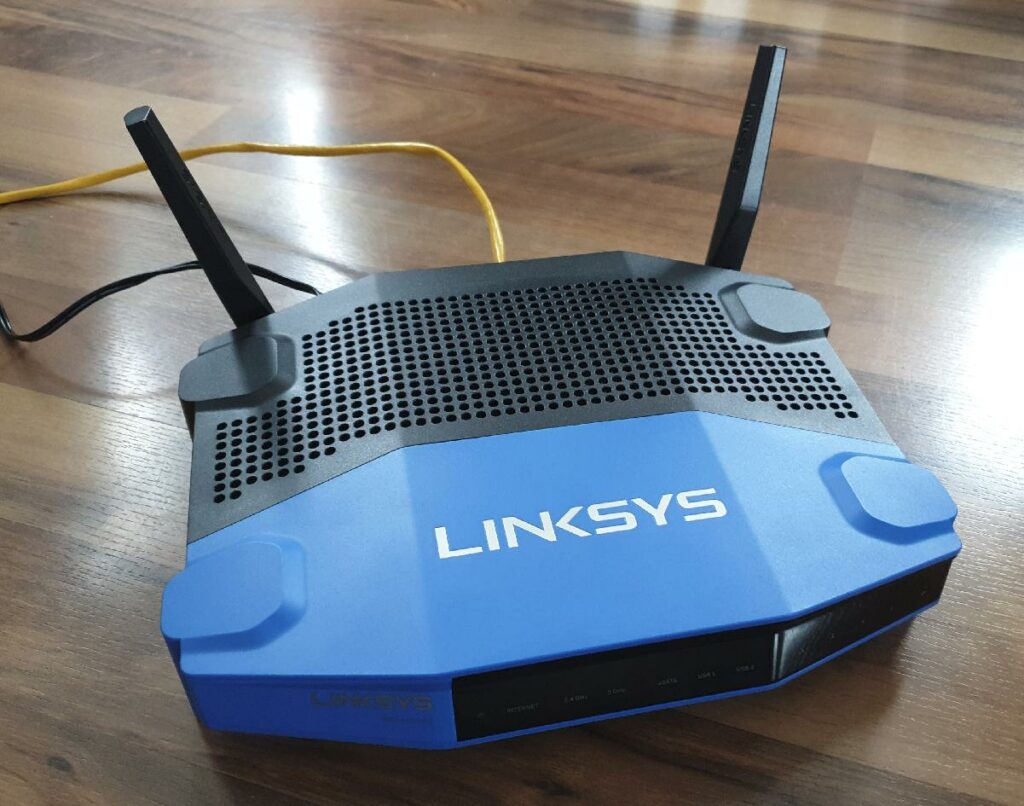In the first part of this “Real World Performance” blog series, I’ve been looking at the performance of a 2 TB Crucial P2 NVMe SSD I installed in my Lenovo X13 notebook. While it did it’s job well, I was rather underwhelmed with performance. So after a few weeks, I replaced that drive with a 2 TB Samsung 970 Evo Plus NVMe SSD. As the specified write capabilities of that drive goes far beyond the speed I could read data from any other drive I have for testing, I set up a RAM disk with a huge file on it in the second part of this series. So here’s part 3 with my performance results for the Samsung 970 Evo Plus in combination with my X13 notebook when reading from RAM disk, and performance results for my real world scenarios:
Continue reading Real World Performance – Part 3 – Another NVMeReal World Performance – Part 2 – The RAM Disk
In the first part of this “Real World Performance” series, I’ve been looking at the performance of the 2 TB Crucial P2 NVMe SSD I bought for my new notebook. While it does its job, its major weakness is that continuous write throughput is only 100 MB/s. So I bought a top of the line Samsung 970 Evo Plus drive that, according to the specs, should have a much higher continuous write performance.
To be able to test the SSD in a “real world” scenario, i.e. by writing huge files to it, I needed a way to write data to the drive as fast as possible. Writing 0-bytes is probably quite straight forward, but I wanted to have random data to escape any type of compression anywhere in the software chain. The solution: A file with random data on a RAM disk.
Continue reading Real World Performance – Part 2 – The RAM DiskWhen You Read About 0-Days, It’s Probably Too Late Already
Last week on Thursday, I read about the release of a fix for a new Apache 0-day vulnerability that was already exploited in the wild. At first I was a bit concerned, because I run quite a number of VMs with Apache on it. Fortunately, it turned out pretty quickly that my servers were not affected. However, after checking my web server logs, I noted that if my systems had been vulnerable, I would have been hacked long before I read the first article in my RSS stream. Hackers don’t sleep, the press is slow, and I’m even slower!
Continue reading When You Read About 0-Days, It’s Probably Too Late AlreadyReal World Performance – Part 1 – NVMe SSD
When I recently bought my new Lenovo X13 notebook with an AMD Ryzen 7 4750U CPU with 8 cores / 16 threads, I had to make a small compromise: I had to buy a rather low end 2 TB NVMe SSD to replace the small SSD it came with, as more expensive but better SSDs would not have reached me in time. It turned out pretty quickly however, that this SSD had a significant downside: The amount of data that can be written to it at full speed is quite limited and any write operations afterward are very slow.
Continue reading Real World Performance – Part 1 – NVMe SSDEduroam Certificate Changes at the University of Vienna

When I was recently in Vienna, I was asked to have a look at an Ubuntu notebook that wouldn’t connect to University of Vienna’s Eduroam network for some time now. It turns out that they have changed their root certificate provider from Digicert to USERtrust.
Continue reading Eduroam Certificate Changes at the University of ViennaMoving from Gitlab to Codeberg
Three years ago, when Github was bought, I and many others decided to take their Open Source projects elsewhere and headed over to Gitlab Inc. However, I was never really completely happy about this move as I was just moving from one closed source platform to a (somewhat less) closed source platform with my code. What I really wanted, however, was make my code and projects available on a community driven platform. Three years later, I have found what I was looking for: Codeberg.
Continue reading Moving from Gitlab to CodebergUSB-C Charger Cable With a Power Display

A quick blog entry today about a nice tool I recently stumbled upon: A USB power delivery cable with a tiny built-in display that shows the power that is currently flowing through the cable. Ideal to see if a USB PD charger keeps what it promises and to get an idea how much energy goes into a battery. There don’t seem to be many manufacturers and I just stumbled over it by accident so I’ll make an exception and link to it on Amazon.de. Also interesting: I couldn’t find the product on Amazon.com. The image above shows the cable in action with a 65W USB PD charger connected to my notebook. Also, I tried the cable with a mobile phone with the same PD charger that requires 5V or 9V. It works as well and properly shows 15 Watts, the maximum the phone would charge with.
Fighting Buffer Bloat With OpenWrt and Traffic Shaping
Earlier this year, I discovered ‘wondershaper‘ a great Linux tool that configures traffic shaping on my notebook to fight buffer bloat on an upstream router. Without it, video calls and other interactive Internet use become impossible to use on some connections when sending large amounts of data in the uplink direction. This works on a device basis, so several devices in the local network, all sending data to the Internet at the same time, can still cause buffers to bloat in unsophisticated access routers. The solution: Apply traffic shaping on a local Wi-Fi access point that is inserted before the router where the bloat happens. It turned out that configuring traffic shaping on OpenWrt is a piece of cake!
Continue reading Fighting Buffer Bloat With OpenWrt and Traffic ShapingMy Codium Weekend

Apart from having fun and providing useful software for researchers, my quality time software project I’ve been working on for almost a decade, is to stay up to date with the latest software development methods and tools. Earlier this year, I’ve switched my development environment and deployment method to Docker containers. Once set up, this made my software development routine much easier and users of my Document Research Database software can swiftly install an instance from Gitlab on a server of their choice. While the software is in constant evolution, one thing however has remained the same throughout: The development environment. So far, I’ve been using Eclipse, as once upon a time, that was the standard development environment for PHP. But things have changed over the years and VSCode now seems to be the preferred editor for software developers. And indeed, it looks very nice. Unfortunately, it has one major flaw: It’s maintained by a company that, like no other, stood for fighting against Linux and open source.
Continue reading My Codium WeekendWireguard, OpenWrt and a Linksys Router

One VPN technology I wanted to try out for quite some time now is Wireguard. Everybody I talk to about the topic speaks very highly of it but unfortunately, the stable version was just released a bit too late for proper NetworkManager support to be included in Ubuntu 20.04 last year. While I could live with a couple of scripts to establish and tear down a tunnel to my home network, that’s unfortunately not an option for others I work with. But then I remembered that OpenWrt, the open source Linux operating system for embedded network devices such as Wi-Fi access points, has support for the protocol. And as I just needed to update a Linksys WRT-1200 AC Wi-Fi Router to the latest OpenWrt version anyway, I used the opportunity to gain some experience with the protocol along the way.
Continue reading Wireguard, OpenWrt and a Linksys Router